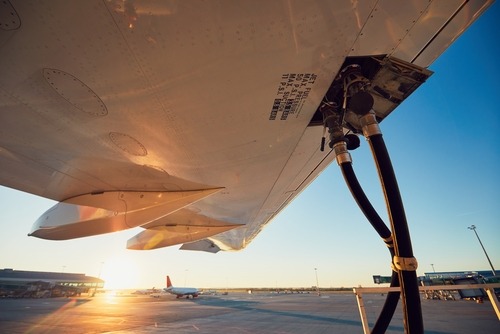
It is technically feasible to produce jet fuel at the Pittsburgh International Airport by converting natural gas from wells on the property into liquid fuel using a commercially available technology, according to a recent report by the National Energy Technology Laboratory, the
U.S. Department of Energy national laboratory.
According to the report, a gas-to-liquids (GTL) facility built on the property could produce approximately 6,000 barrels daily of synthetic jet fuel. This is enough to supplant nearly all of the airport’s current jet fuel consumption and have enough excess production capacity that could be made available for the United States Air Force (USAF) Pittsburgh Air Reserve Station, and the USAF 171st Air Refueling Wing co-located at the airport.
The facility would cost between $550 million and $740 million to design and construct and would take approximately four years to build. It would work by converting natural gas into liquid hydrocarbons.
The facility could “provide a pathway to renewable jet fuel production and reduced greenhouse gas emissions from the aviation sector, particularly if renewable natural gas is used as a feedstock or other renewable energy sources are used for energy inputs,” Tom Tarka, one of the authors of the report, said.